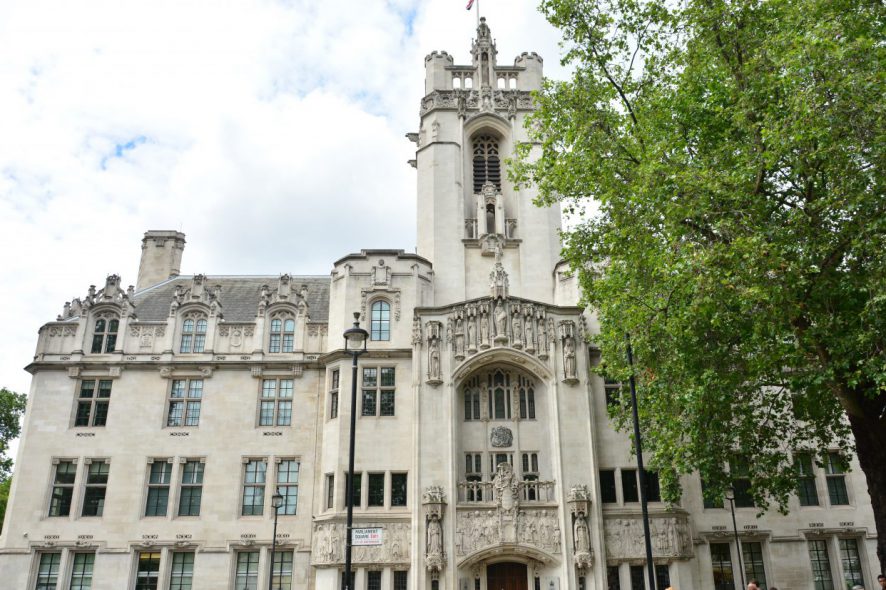Supreme Court of United Kingdom: Lord Kerr, J. delivered the judgment for the Court including himself and Lady Hale, Lord Wilson, Lord Reed and Lady Black, JJ. wherein the Hon’ble Court struck down Sections 1 and 3 of Civil Partnership Act 2004, in as much as they precluded different-sex couples from entering into a civil partnership.
Appellants were a different-sex couple who wished to formalise their relationship; they had ideological objections to the concept of marriage which they believed to be patriarchal in nature; and as such, they wished to enter into a civil partnership instead. It is noteworthy that under Civil Partnership Act 2004, only same-sex couple could enter into a civil partnership. Also, the enforcement of Marriage (Same Sex Couples) Act 2013, made marriage of same-sex couples lawful. Consequently, same-sex couples have a choice to either enter into a civil partnership or solemnize a marriage. This choice was not available to different-sex couples. The appellant sought judicial review of respondent’s continuing decision not to make changes in CPA to allow different-sex couples to enter into civil partnerships. The issue before the Court was whether the ban as mentioned above-breached appellant’s right under Article 14 (prohibition on discrimination) together with Article 8 (right to respect for private life) of European Convention on Human Rights.
The Supreme Court, after due consideration of the facts and law, held that the said ban was violating the rights of different-sex couples under Article 14 read with Articles 8 of ECHR. In fact, the respondents admitted that the said position created inequality in treatment between same-sex and different-sex couples. The Court observed that enforcement of MSSCA without abolishing or making changes in the CPA, created inequality on the basis of sexual orientation of the two groups. The Government had decided not to take a final decision on future of civil partnerships, as it was proportionate to collect more data before any such decision could be made. While discussing the basis of interference with a qualified ECHR right, the Court held that for any such interference to be legitimate, the aim must be intrinsically linked to the discriminatory treatment. The Court was of the view that the Government had to eliminate the inequality of treatment immediately when the MSSCA was enforced. Even if interference with appellant’s rights, in this case, could be regarded as a legitimate aim, a fair balance between their rights and interests of the community had not been struck. Holding thus, the Supreme Court struck down Sections 1 and 3 CPA as mentioned hereinabove. [R. v. Secretary of State for International Development,[2018] 3 WLR 415, decided on 27-06-2018]







